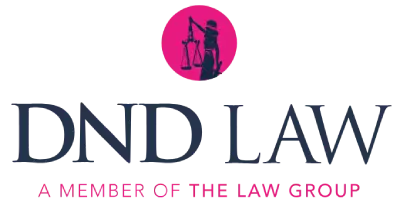There are 6 steps to a formal mediation
1) introductory remarks, Mediation Explained
2) statement of the problem by the parties,
3) information gathering time,
4) identification of the problems,
5) bargaining and generating options, and
6) reaching an agreement.
Introductory Remarks
The mediator will wait until both parties are present and then make introductions. The physical setting will be controlled so that no party feels threatened. Most mediators will ask that if children are present, they wait outside. The mediator will then give an opening statement. This outlines the role of the participants and demonstrates the mediator’s neutrality. Some mediators will make comments about what they see as the issue and confirm the case data if briefs have been pre-submitted. Next, the mediator will define protocol and set the time frame for the process. There will be a review of the mediation guidelines and the mediator will briefly recap what it is that he has heard as the issues.
If you are looking for Personal Injury Solicitors Newry, please click here
The opening statement during the introductory remarks will set out the ground rules for the mediation. These ground rules are what help the mediation move along smoothly. The mediator will usually ask that if attorneys are present, they can confer, but the clients should speak for themselves. Parties should not interrupt each other; the mediator will give each party the opportunity to fully share their side of the story.
Statement of the Problem by the Parties
After the opening statement, the mediator will give each side the opportunity to tell their story uninterrupted. Most often, the person who requested the mediation session will go first. The statement is not necessarily a recital of the facts, but it is to give the parties an opportunity to frame issues in their own mind, and to give the mediator more information on the emotional state of each party. If there are lawyers present who make the initial statement, the mediator will then ask the client to also make a statement. The rationale behind the statement of the problem is not a search for the truth; it is just a way to help solve the problem.
Information Gathering
The mediator will ask the parties open-ended questions to get to the emotional undercurrents. The mediator may repeat back key ideas to the parties, and will summarize often. This helps the mediator build rapport between the parties, especially when a facilitative style is used.
Problem Identification
This might also be part of other segments. The mediator tries to find common goals between the parties. The mediator will figure out which issues are going to be able to settle or those that will settle first.
Bargaining and Generating Options / Reaching an Agreement
Methods for developing options may include group processes, discussion groups or sub groups, developing hypothetical plausible scenarios, or a mediators proposal where the mediator puts a proposal on the table and the parties take turns modifying it. However, the most commonly used method is the caucus. Once the participants are committed to achieving a negotiated settlement, the mediator will propose a brainstorming session to explore potential solutions. This can lead to a final agreement, which diffuses the conflict and provides a new basis for future relations.
The mediator may decide to hold private sessions with both parties in order to move the negotiations along. This caucus session will be confidential. The caucus provides a safe environment in which to brainstorm and surface underlying fears. The goal of the session is to find some common ground by exploring lots of options, and to bring about possible solutions for the parties to think about. Parties can also entertain alternative solutions to their problems without committing themselves to offer the solutions as concessions.

